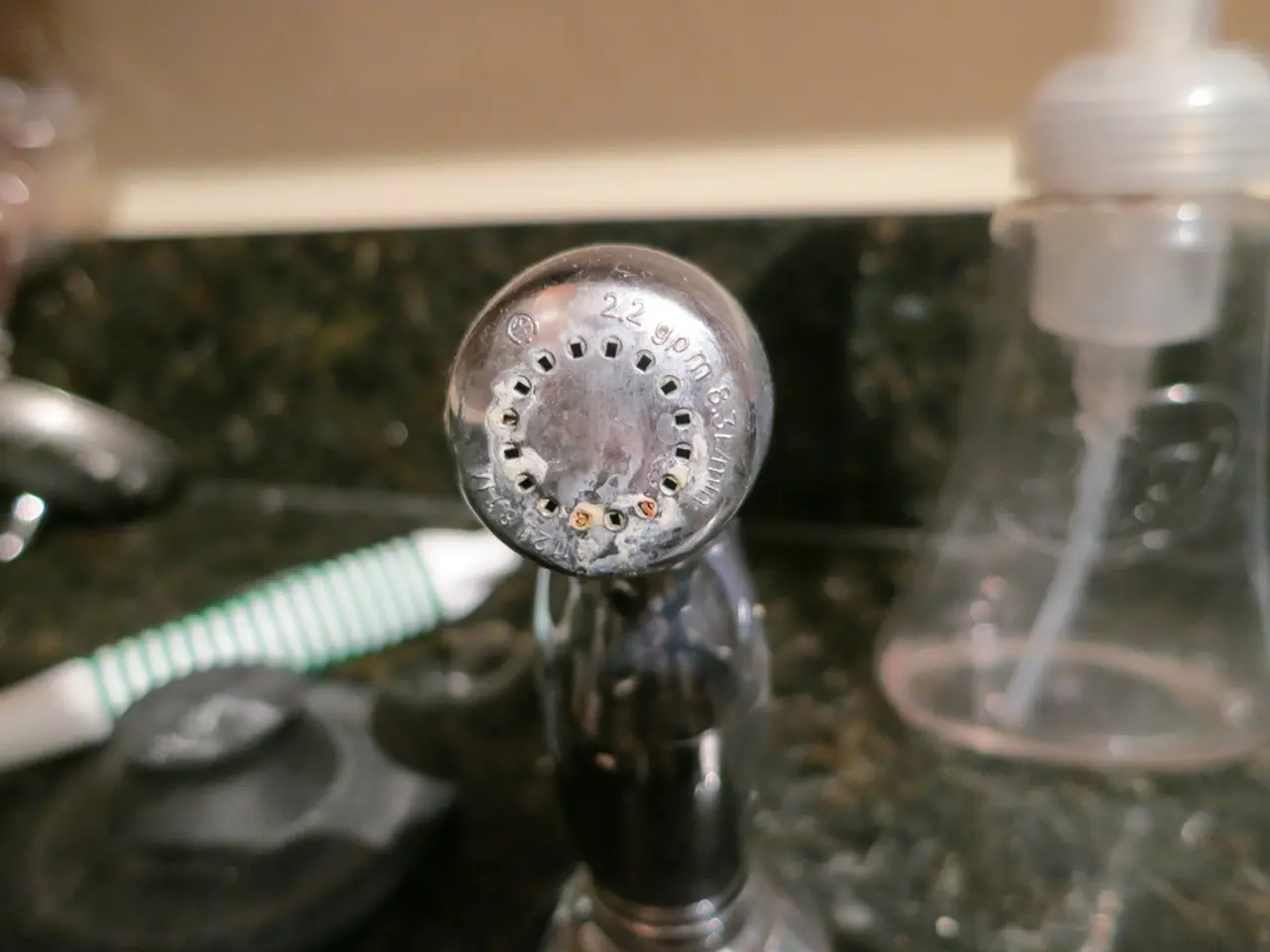Futuristic Heat Pump Technology Advocated for a Sustainable Heating Future / Stiebel Eltron Urges for a Defined Strategy Towards Eco-Friendly Heating Solutions
In Germany, the heating industry is renowned for its innovation, but the country lags behind most EU countries in heat pump installations per 100,000 private households. According to a study by the European Heat Pump Association (EHPA), this discrepancy is evident.
The heat pump industry in Germany is currently grappling with political challenges such as complex and fragmented installation processes, a shortage of skilled technicians, and the need for clearer regulations and stronger policy support to boost adoption. Economically, the industry faces high initial costs for consumers and a market slowdown after rapid growth, leading to challenges in financing and consumer decision-making.
Despite these challenges, heat pumps have become more popular than gas boilers, supported by government incentives like subsidies and tax breaks, reflecting Germany’s commitment to climate neutrality by 2045.
To increase heat pump adoption and contribute to climate neutrality by 2045, proposals focus on enhancing customer journeys through integrated energy solutions, combining heat pumps with solar PV and advanced home energy management systems to cut energy costs significantly. Policy actions include stronger subsidies, clearer regulations, and support for skilled technician training to overcome installation barriers. Furthermore, Germany aims to align its energy policies with EU-wide goals such as the REPowerEU plan, which targets millions of new heat pump installations across Europe to reduce fossil fuel reliance and carbon emissions.
Burkhard Max, Managing Director of Stiebel Eltron Deutschland Vertriebsgesellschaft, hopes that the focus will return to the reliability, climate-friendliness, and economic benefits of heat pumps in the debate. Stiebel Eltron emphasizes the importance of protecting and advancing the innovative heat pump industry in Germany. Max states that the heat pump technology is a proven and reliable solution, well-established on the market, and has been installed millions of times.
Max also highlights that the heat pump technology secures valuable and future-proof jobs in Germany. He calls for more political support for the domestic heat pump industry, stating that the framework conditions are aimed at protecting the climate, strengthening the German economic location, and benefiting all consumers. Stiebel Eltron calls for clear, long-term, reliable framework conditions for the ramp-up of climate-friendly heating technologies.
The well-trained skilled trades play a significant role in the heat pump industry in Germany. Heat pumps save homeowners money in the long run, making them an attractive solution for homeowners looking to reduce their energy costs and carbon footprint.
In conclusion, to accelerate heat pump uptake as part of Germany’s broader energy transition and climate neutrality strategy by 2045, key actions proposed are improving installation quality and planning, supporting technology integration for cost savings, boosting skilled workforce development, and strengthening financial incentives and regulatory clarity.
- The heat pump industry in Germany, recognized for its innovation in the heating sector, is currently grappling with political challenges such as complex installation processes, a shortage of skilled technicians, and the need for clearer regulations.
- Economic difficulties in the heat pump industry include high initial costs for consumers and a market slowdown, leading to challenges in consumer decision-making and financing.
- Despite these challenges, heat pumps are becoming increasingly popular in Germany due to government incentives like subsidies and tax breaks, as the country strives to achieve climate neutrality by 2045.
- To overcome installation barriers and increase heat pump adoption, proposals focus on enhancing customer journeys with integrated energy solutions, training skilled workforce, and strengthening financial incentives for renewable-energy technologies like heat pumps.




